EAT IN ASIA / Destinations / Japan
Furikake, ichimi and shichimi togarashi - TOP Kyoto Condiments
Tags: JAPAN
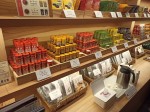
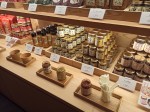
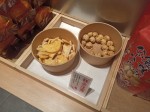
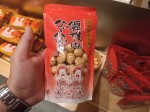


Ichimi and shichimi are essential seasonings for Japanese food. In Japan, ichimi and shichimi are sprinkled on food to suit individual tastes. These condiments are ideal for rice and noodle dishes. Apart form that, they can be used for seasoning soups, pasta and meat.
What is ichimi togarishi?
Ichimi togarashi (一味唐からし) is a dried chili pepper powder seasoning made using only Japanese chili peppers. Different types of chili peppers are used to adjust the level of spiciness. However, ichimi togarashi means ‘one taste’ so consists of only one ingredient that is a Japanese chili pepper.
What is shichimi togarashi?
Shichimi (七味唐辛子) is a seasoning that blends multiple spices, such as chili peppers and sanshō, which is an indigenous pepper. This blend of spices adds flavor to spiciness and improves the taste of the food.
However, shichimi togarashi is much more than that. Actually, it means ‘seven-taste chilli pepper’ and is a composition of above mentioned dried red chili flakes, sanshō (山椒 sanshō is a plant, Zanthoxylum piperitum, also called ‘Japanese or Korean pepper’), dried and roasted mandarin or orange peel, nori, shiso (Japanese Perilla Leaf), hemp seeds, black goma (胡麻, ごま sesame seeds), golden sesame seeds, green laver and poppy seeds.
How to eat and serve ichimi and shichimi togarashi?
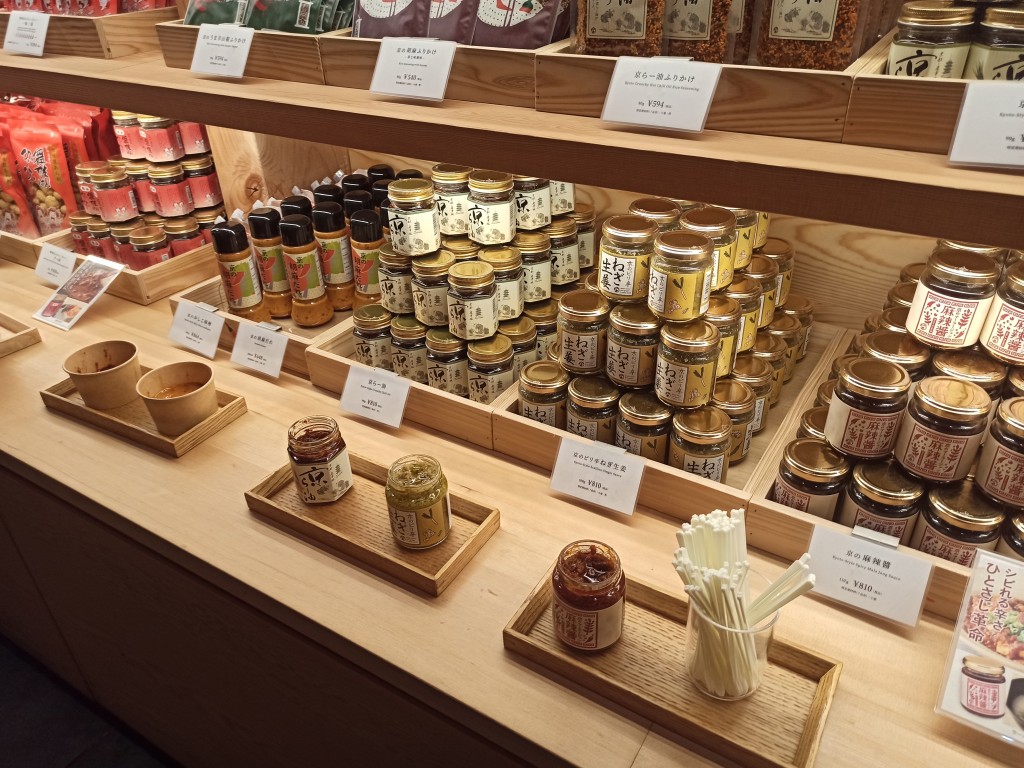
Both these condiments are usually used as a seasoning that is sprinkled on udon or soba noodles. That is also the most common way of serving ichimi and shichimi togarashi. However, they are also often added to soups and meats
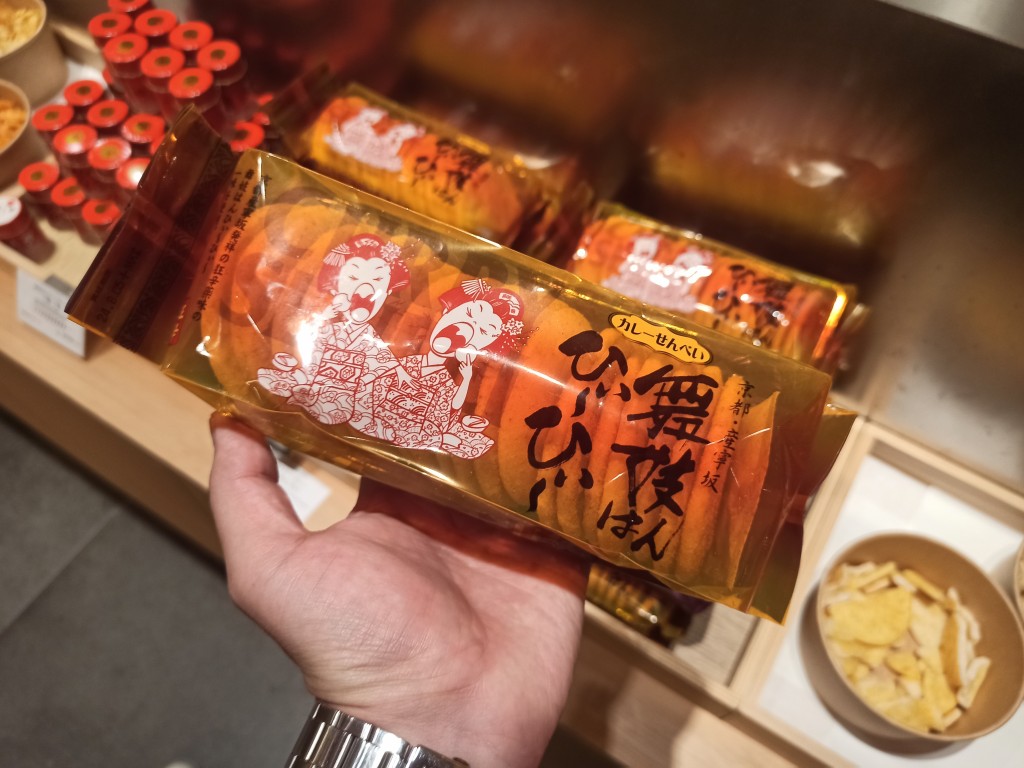
Benefits of using shichimi togarashi
Shichimi togarashi is also believed to help in curing flu or cold. Apart from that, this spices' blend is good for stomach.
Types of ichimi and shichimi togarashi
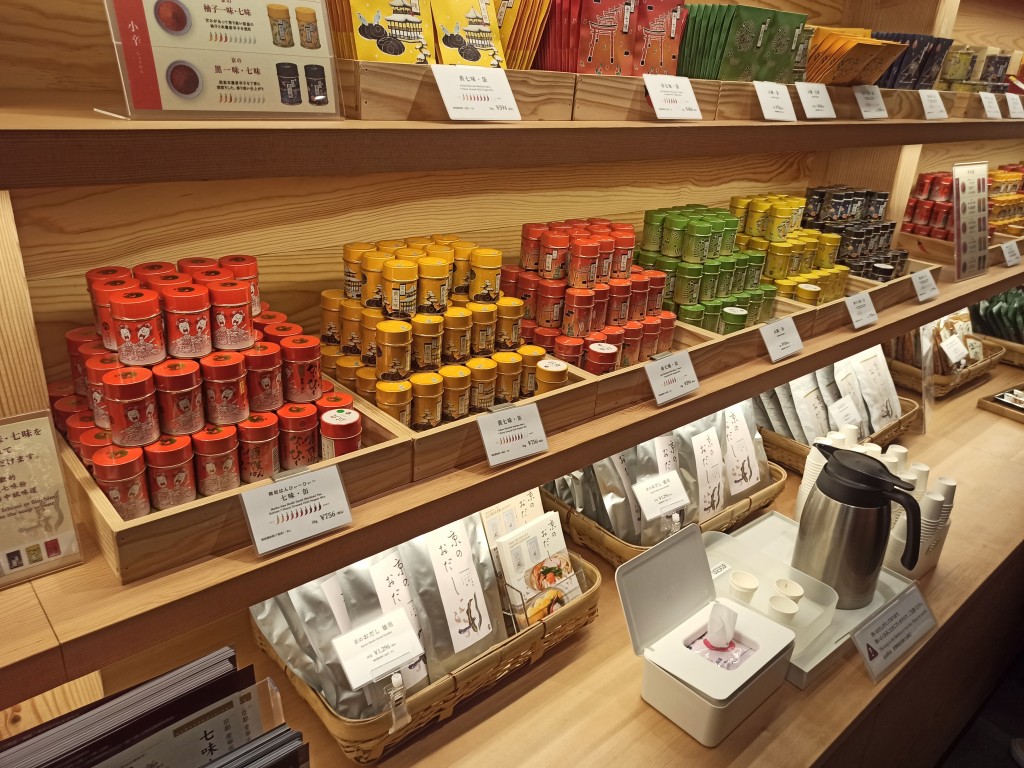
Maiko-han Hii Hii
Maiko-han Hii Hii is the hottest and the most popular ichimi and shichimi.
Ki ichimi and Ki shichimi
Ki ichimi and Ki shichimi use a rare, Japanese golden chili pepper – ogon. They are very spicy.
Aka ichimi and Aka shichimi
Aka ichimi and Aka shichimi are ground using traditional ishiusu millstones. They are made using Hontaka chili peppers.
Yuzu ichimi and Yuzu shichimi
Yuzu ichimi and Yuzu shichimi are made with a traditional Japanese yuzu fruit that is one of the most characteristic citrus fruits for Japan.
Kuro ichimi and Kuro shichimi
Kuro ichimi and Kuro shichimi contain roasted chili peppers. They are one of the most popular condiments in Kyoto and have a distinguishable and strong aroma of sanshō (an indigenous pepper).
Apart from that, many shops in Kyoto sell unique seasoning blends. These dry Japanese condiments are known as furikake and are served sprinkled on top of many dishes. The most common way of serving them is to sprinkle furikake on cooked rice, fish, salads, meat, steaks, pasta or vegetables. Another way of serving it, is to add furikake to onigiri.
TOP Japanese furikake
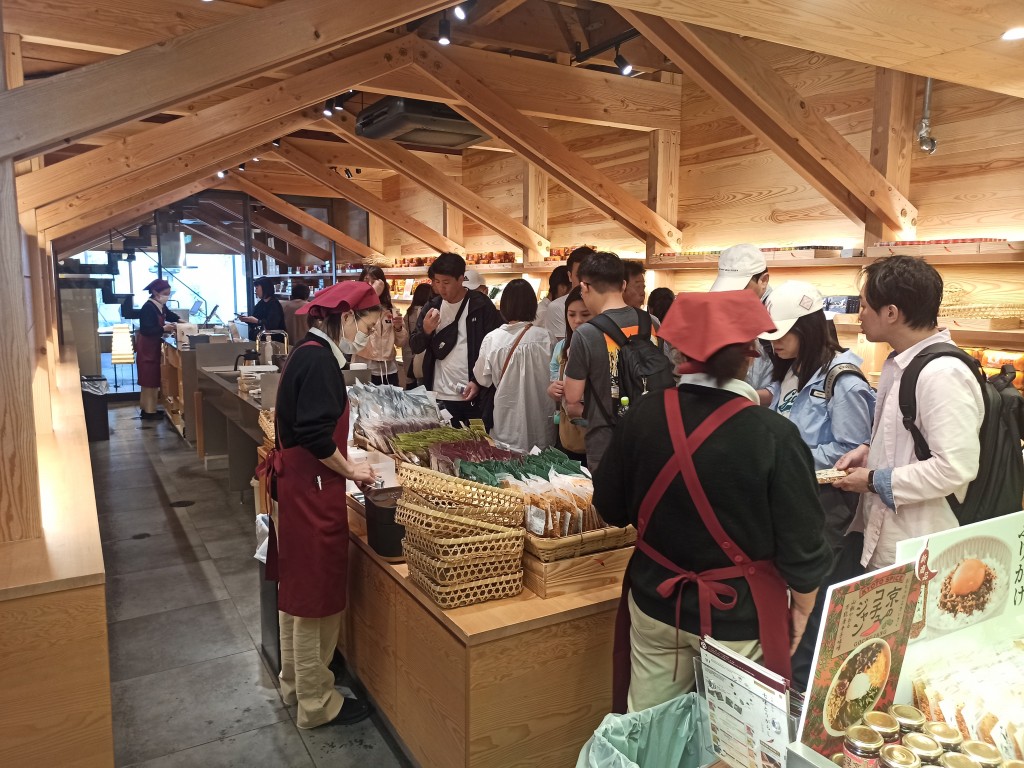
Sesame seasoning
This seasoning contains black and white sesame, chili pepper and sanshō that is a Japanese pepper.
Maiko-han Hii Hii chili oil
Maiko-han Hii Hii chili oil contains Habanero pepper. It is used as a dipping sauce for hot pot and also as an accompaniment for meat and non-meat dishes such as mapo tofu, ramen and curry.
Japanese mapo tofu flavor seasoning
Japanese mapo tofu flavor seasoning with chicken, tofu and sanshō pepper gives the flavor that is very similar to the original mapo tofu. This seasoning greatly replaces meat in many dishes. It can be also sprinkled on rice as a topping.
Kyoto style spring onion and ginger
Kyoto style spring onion and ginger seasoning is made from chopped Japanese ginger and spring onions. It is flavored with green chili.
Date: 2024-05-24
Author: Beti – A passionate traveler and lover of Asian cuisine, especially Thai and Japanese dishes, Bernadeta brings her culinary and cultural experiences to life in her writing. Beyond her travels, she’s an avid technology enthusiast with a deep interest in data processing, merging her love for exploration with analytical insights.
Photographer: Adalbert – An aficionado of computers and photography, Adalbert captures the essence of diverse cuisines with a discerning eye. A connoisseur of rich flavors and particularly fond of meat-based dishes, he combines his technical skills with his passion for the culinary arts in every shot.









